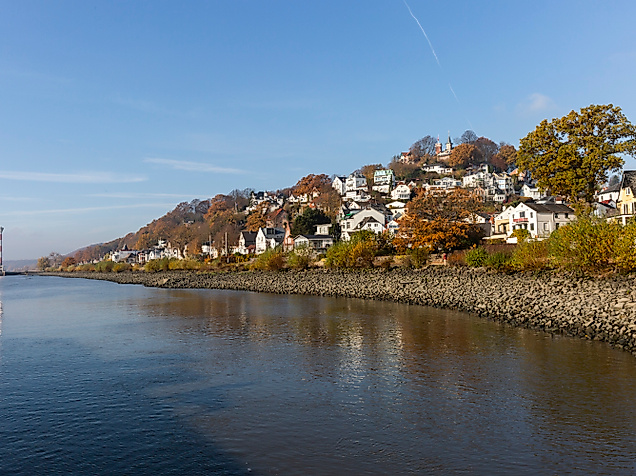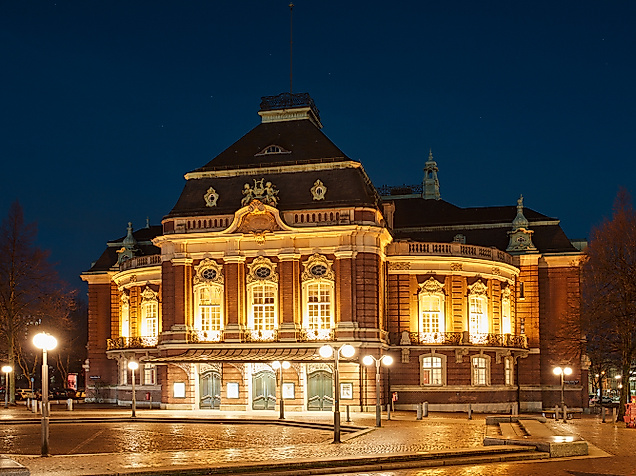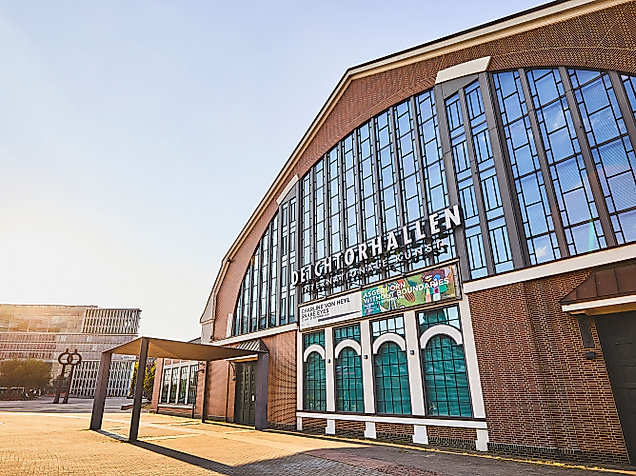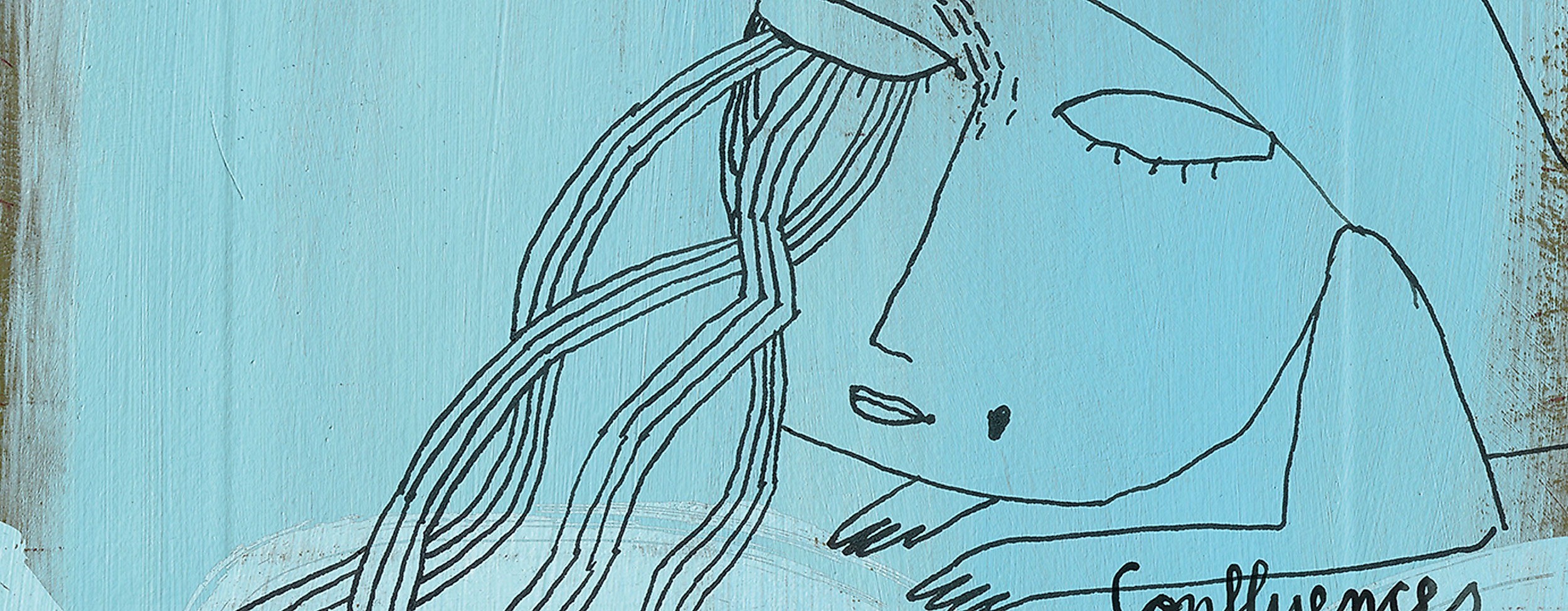

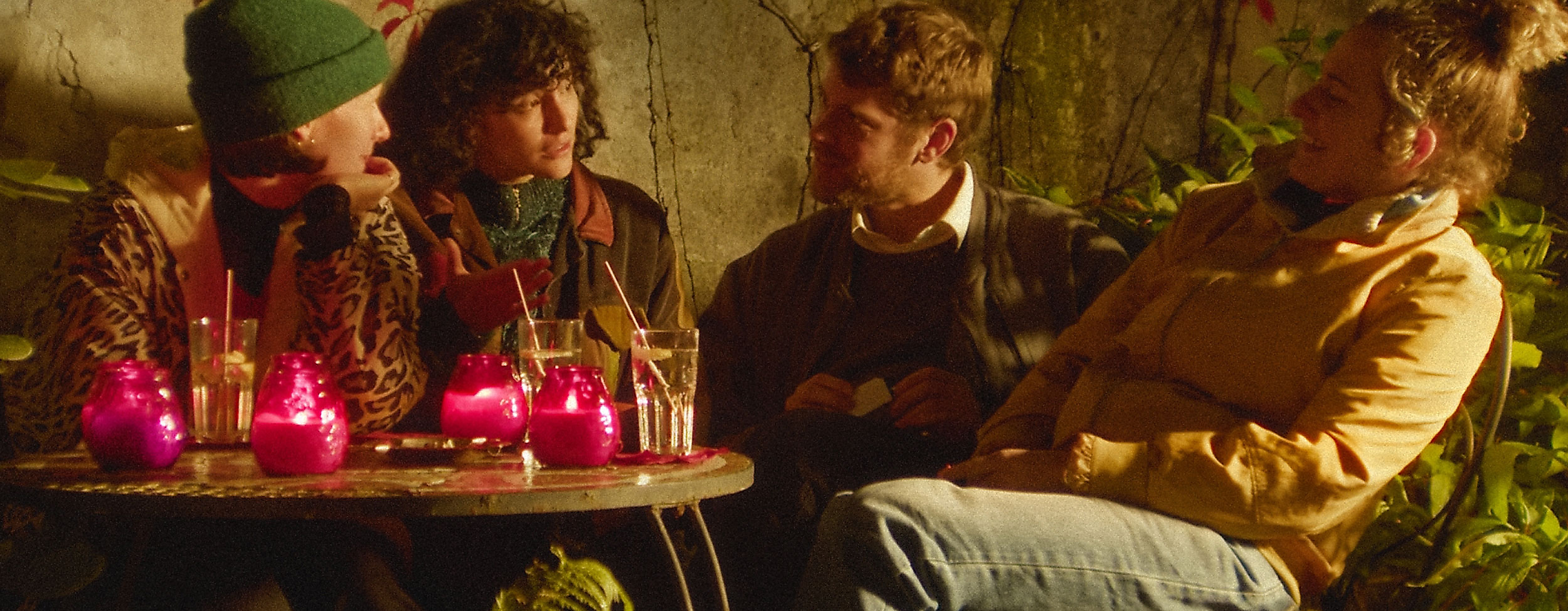
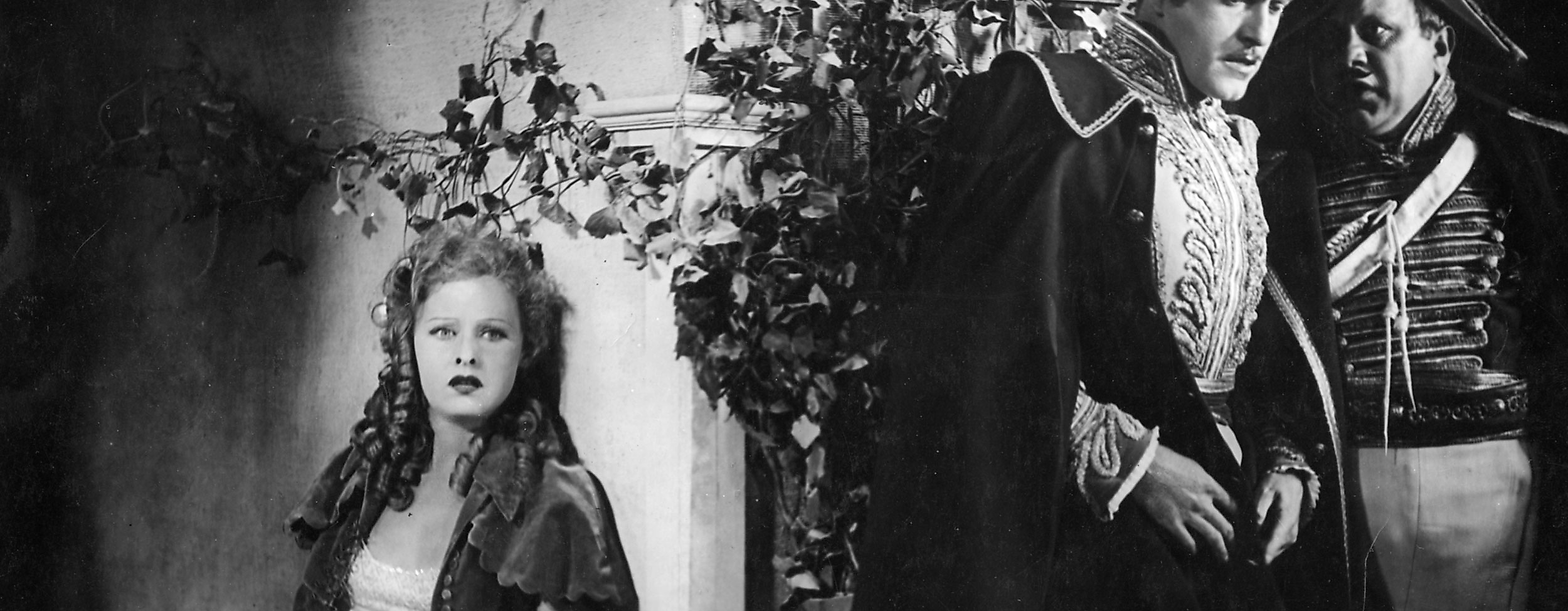
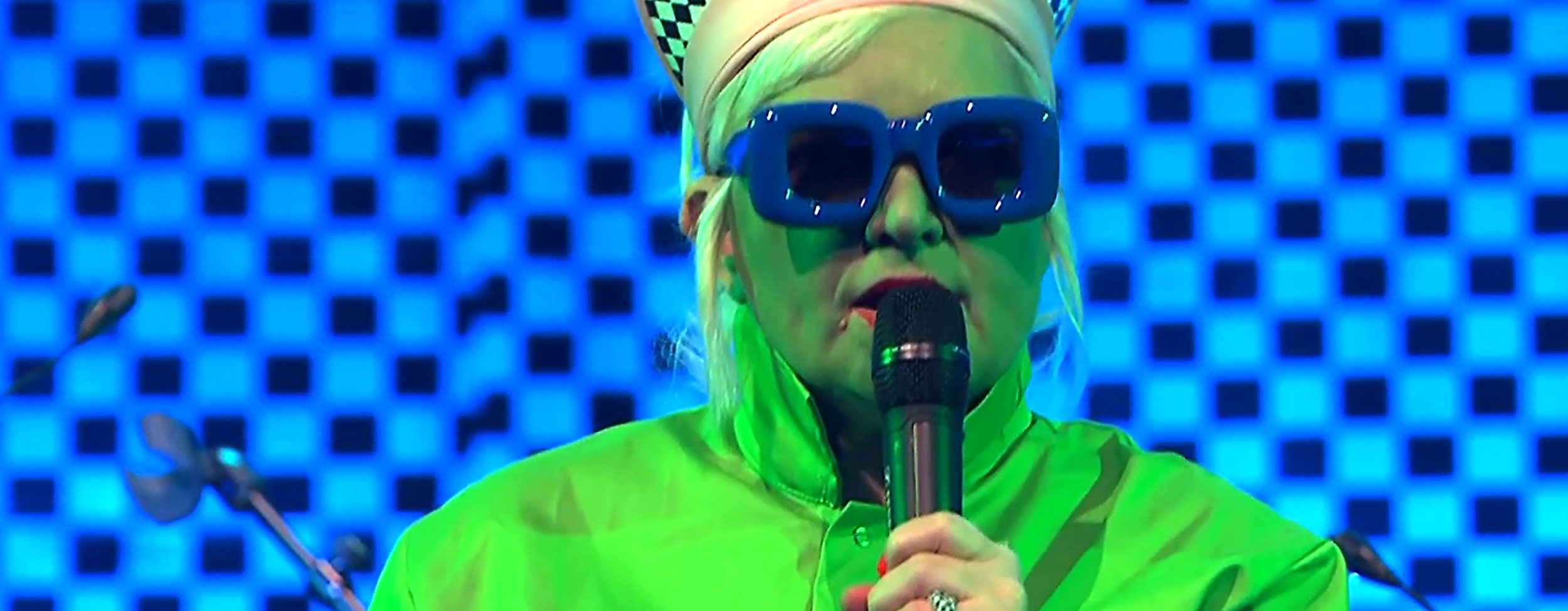
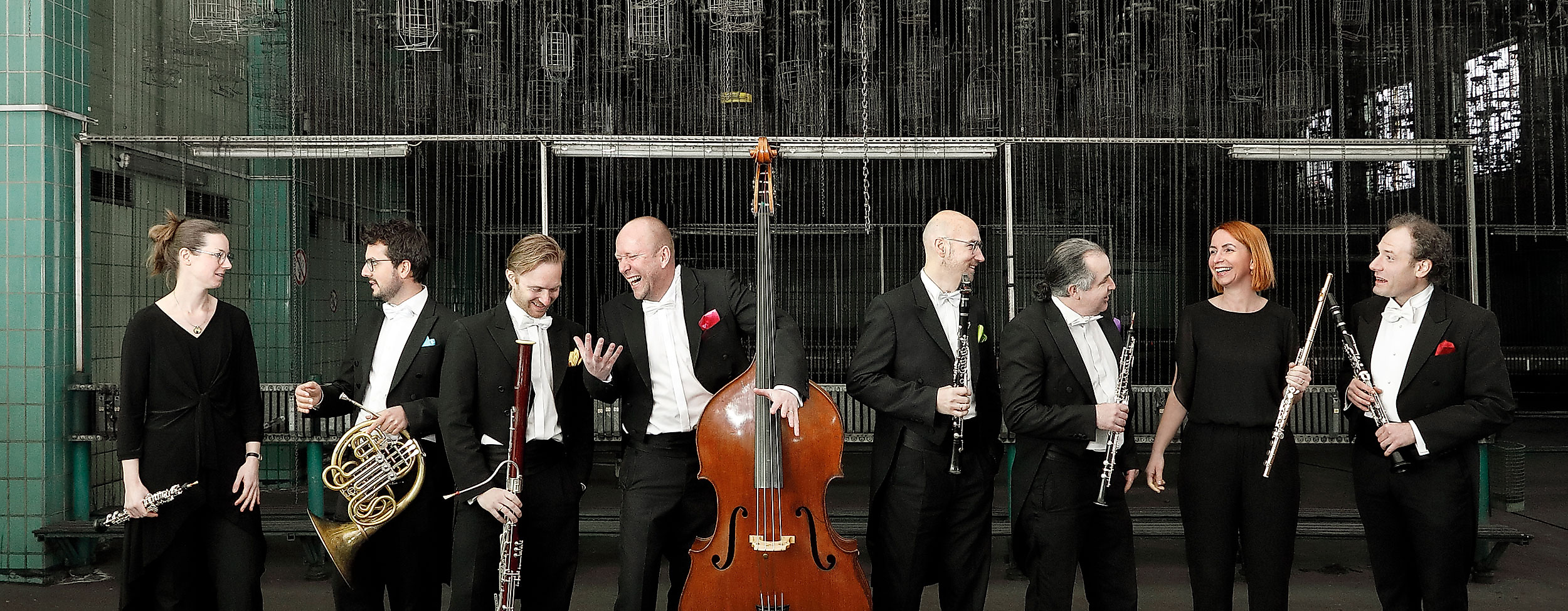
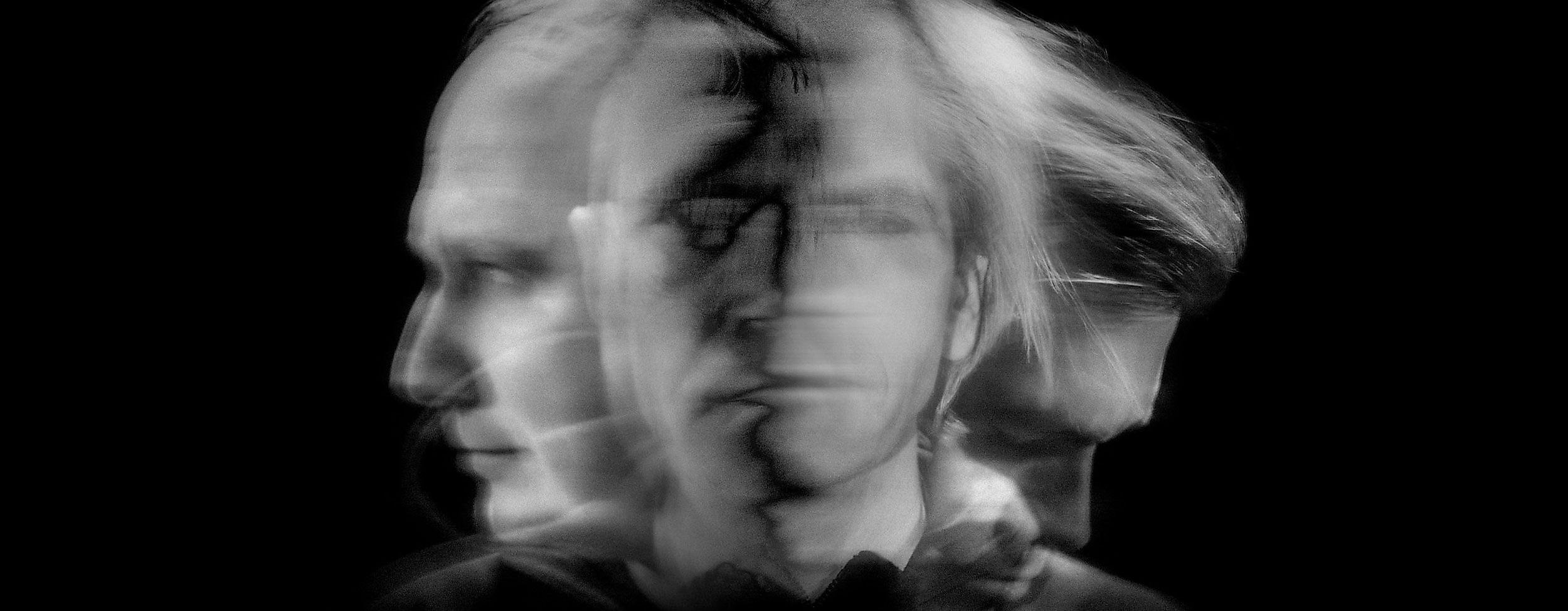
German-French cultural festival Arabesques
Programme starting on 22 January 2026
At the beginning of the year, France in the North will once again be on show as part of the arabesques festival, bringing together German and French artists in over 30 events - from music, film and debates to exhibitions, theatre and literature. With the theme ‘Derrière le rire – Behind the Laughter’, the arabesques 2026 cultural festival enriches the programme with encounters that focus on the power of humour as a means of criticism, confidence and understanding.
About the French-German cultural festival arabesques
The Franco-German cultural festival arabesques was first launched in 2012 by Barbara Barberon-Zimmermann and Nicolas Thiébaud and has taken place every year since then. arabesques always begins on 22 January, the day on which Charles de Gaulle and Konrad Adenauer signed the Elysée Treaty on Franco-German friendship in 1963. The name of the festival comes from the Arabic art of ornamentation, in which calligraphic and natural forms create a multi-faceted overall picture. With arabesques, the festival organisers want to enable adults, children and young people to discover at concerts, readings, exhibitions, theatre and film screenings, debates and dance performances how different cultures meet, overcome divisions and find a new common expression. The aim is also to promote interest in the French and German languages and co-operation between France and Germany as a driving force for the peace process in Europe. Based on Franco-German friendship, arabesques looks beyond borders to international issues. The theme, which changes every year, provides a common thread and explores the question of how the fundamental values of a democratic Europe and responsible behaviour towards one another can be lived and protected.
Confluences 2025
arabesques opens the festival in collaboration with the representation of the Occitanie region in Hamburg, celebrating the Franco-German Day of the Elysée Treaty. The Harmonic Air Quartet, known for blending classical music, jazz, and folklore, interprets French compositions (BallinStadt, 22 Jan). With Poland assuming the EU Council Presidency in January 2025, Jan Opielka (political scientist) and Pascal Thibaut (Radio France International) discuss Europe’s future visions and the triangle of France, Germany, and Poland replacing the Franco-German axis, moderated by Ulrike Dotzer (DFG Cluny) (Warburg House, 26 Jan). Astrid Viciano presents her nonfiction thriller The Formula of Resistance, exploring physicist Gantner's friendship with the Curie family, the Resistance, and the race for the atomic bomb (Augustinum Hamburg, 11 Mar).
Search for your own place
In 1814, the Russian Tsar travelled to Vienna to attend the Congress of Vienna and help redraw Europe's borders after Napoleon’s defeat. The musical film romance The Congress Dances brought together stars from across Europe, many of whom were soon forced to flee by the Nazis (Metropolis Kino, 7 Feb). Reproductive justice and queer family models take centre stage in Emilie Girardin’s debut film, created with dancer Tirza Ben Zvi and actress Daniela Castillo Toro (award-winning for Reinos). Łukasz Suchocki’s film Camper, shown afterwards, depicts a generation searching for their place during a journey across Europe (Metropolis Kino, 7 Mar).
Satire
Humour for well-being: take a break with La Troupe des France-Brötchen and their new French comedy Déconnexion, directed by Caroline Lacaze (MUT! Theater, 20-22 Feb/28+29 Mar). Adam Gusowski and Piotr Mordel, founders of the Club of Polish Losers, explore navigating relationships as Poles with their satirical German-language show infused with Polish humour (Alte Druckerei Ottensen, 27 Mar).
Young Art Work
The playground symbolises experimenting fearlessly and exploring personal freedom. Choreographer Charlotte Lefebvre’s piece Spiel:Platz, with compositions by Thomas Evrard, is dedicated to this space (Sprechwerk, 2 Feb). In the DFG Slam finals, students demonstrate bilingual skills after working with Hamburg’s Luke Monis and Tristan Qi, as well as French slam champion MARAS (Theatre Hall of the Franco-German Gymnasium, 6+27 Feb).
Art Music Performance
In her 21st-Century Paintings, Armelle Maguer uses reliefs and ecological materials to create tactile, engaging works (Espace Armelle Maguer, 21 Feb). Mariola Brillowska’s Fabularism Lecture Performance Earth, Moon and the Universe introduces her improvisational radio play series Radio Tele Funke and offers moon flights in PISS – Polish International Space Station (planned, 4 Apr). Pianist Naoko Christ-Kato and digital artist Bette Bayer explore how music might look if it were visible, translating works by Chopin, Ravel, and Debussy alongside rare pieces by persecuted Jewish composers into a unique colour-sound world (Schulungshaus near Hamburg Wasser, Wellingsbüttel, 7 Apr). The ensemble Beryllium, founded by Michal Gorczynski and Andrzej Izdebski, evokes the imagination with music inspired by the ultimate shadow, Umbra (planned, Indra, 12 Apr).
New Music, Chanson, Jazz
Jacques Brel dreamed of flying and circumnavigating the globe, giving up his stage career at its peak. The Véronique Elling Ensemble brilliantly brings his chansons to life (Tonali Hall, 11 Apr). Mongolian violin and vocal master Dandarvaanchig Enkhjargal mesmerises audiences with the trio Violons Barbares and as a soloist, blending the vastness of the Mongolian steppes with European soundscapes (planned, 26 Apr). Jazz saxophonist and award-winner Tadeusz Jakubowski invites pianist Dominik Wania, whose research on Ravel’s harmony system inspires complex jazz worlds beyond the everyday (planned, Alte Druckerei Ottensen, 6 May). The ensemble Chordial sings of night’s darkness and moonlight, with works by Schubert, Elgar, and Vaughan-Williams reflecting themes of mortality and nature’s serenity in northern Europe’s summer nights (St. Gertrud, Immenhof, 27 Apr).
Europe Days Hamburg
The May Festival Majewka features the celebrated Prusinowski Kompania (Mazurka) and the spirited Breton band Soniou An Norzh (Bal-Folk) (planned, 3 May). Denied entry to the Paris Conservatoire due to citizenship hurdles, Alsatian composer Théodore Gouvy still flourished. The Ensemble arabesques performs his Serenade en Octuor, likely for the first time in Hamburg in 150 years (Elbphilharmonie, Grand Hall, 11 May). At Venice’s Ospedale della Pietà, Vivaldi nurtured orphaned and abandoned children, forming the world’s first all-female orchestra that attracted tourists from across Europe. The women’s vocal ensemble Voix de Femmes, led by Rémi Laversanne, honours this legacy (Laeiszhalle, Small Hall, 18 May).
Top customer reviews
Search
Languages
Google translator for other languages
Please note that this is an automatic translation.
For better information, you can always switch to the German or English version






